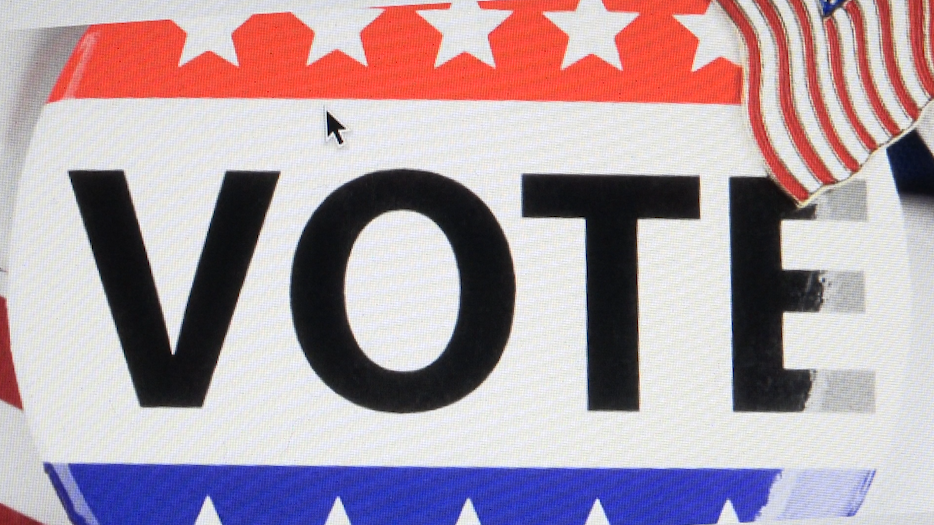PHILADELPHIA, Pa. (WLVT) — Since the 2016 presidential election, social media giants like Facebook and Twitter have introduced new content review systems to curb disinformation on their platforms.
Tech Takeover: Watch more tech reports from PBS39's Megan Frank
That means the companies are now flagging inaccurate posts and suspending accounts deemed to be spreading false information.
"Social media companies have tried to clean up the abuses we saw on their platforms in 2016. We’re seeing takedowns every day from these companies to make the information space a little more secure," said Bret Schafer, a researcher with the Alliance for Securing Democracy, a bipartisan national security advocacy group in Washington, D.C.
He says users shouldn’t count on social media companies to police the internet.
"There’s only so much they can do. They can’t flush out every piece of disinformation without dripping over into the censorship area," Schafer told PBS39. "We saw this a few weeks ago, when the New York Post ran its Hunter Biden story. The companies tried to take aggressive action against that, but it backfired and the story became a First Amendment censorship issue."
PERCEPTION HACKING
Recently, President Trump amplified election disinformation when he claimed that ballots were abandoned in a ditch in Wisconsin. As the Milwaukee Journal reported, that is not true. While mail was discarded in a ditch, there were no ballots found in the pile.
Schafer says doling out small pieces of information without the full story is a form of “perception hacking.”
"You don’t need to create entirely fake stories to do that," he said. "You cherry pick pieces of reality from stories from around the country, cobble them together, and you create a false sense of reality."
FROM FRINGE TO MAINSTREAM
Matt Krayton runs Publitics, a consulting company that runs marketing campaigns for businesses and political groups. He says fringe news operations are helping to spread disinformation rapidly.
"We’re starting to see fringe conversations making their way into mainstream conversations," Krayton told PBS39. "For example, at the presidential debate, we’re hearing about QAnon and the Proud Boys, perhaps for some people, for the first time."
He says social media users should be wary of election-related posts that cause them to have a visceral reaction.
"The problem with disinformation is that it’s designed to elicit an emotional response," he explained. "It’s supposed to get you fired up. If you’re having your biases or beliefs confirmed by disinformation, it’s not going to give you pause to examine that information critically."
ELECTION DAY, AND BEYOND
Schafer says Iran and China are among the countries using fraudulent social media accounts, pages and groups to undermine confidence in the U.S. election process.
"There’s been an explosion of other actors who have started to pick up the tactics that Russia used in 2016," he noted.
Last month, the FBI posted a warning on its website, stating that cybercriminals and foreign actors will use social media sites to spread disinformation about election results for days and weeks after Election Day.
"From Nov. 3rd and until we get the final tally, there is a huge opportunity for bad actors to go onto social media platforms, push out false results, and say the results are being tinkered with," warned Schafer.
He advises only using government websites, not platforms like Facebook, to verify election results.




